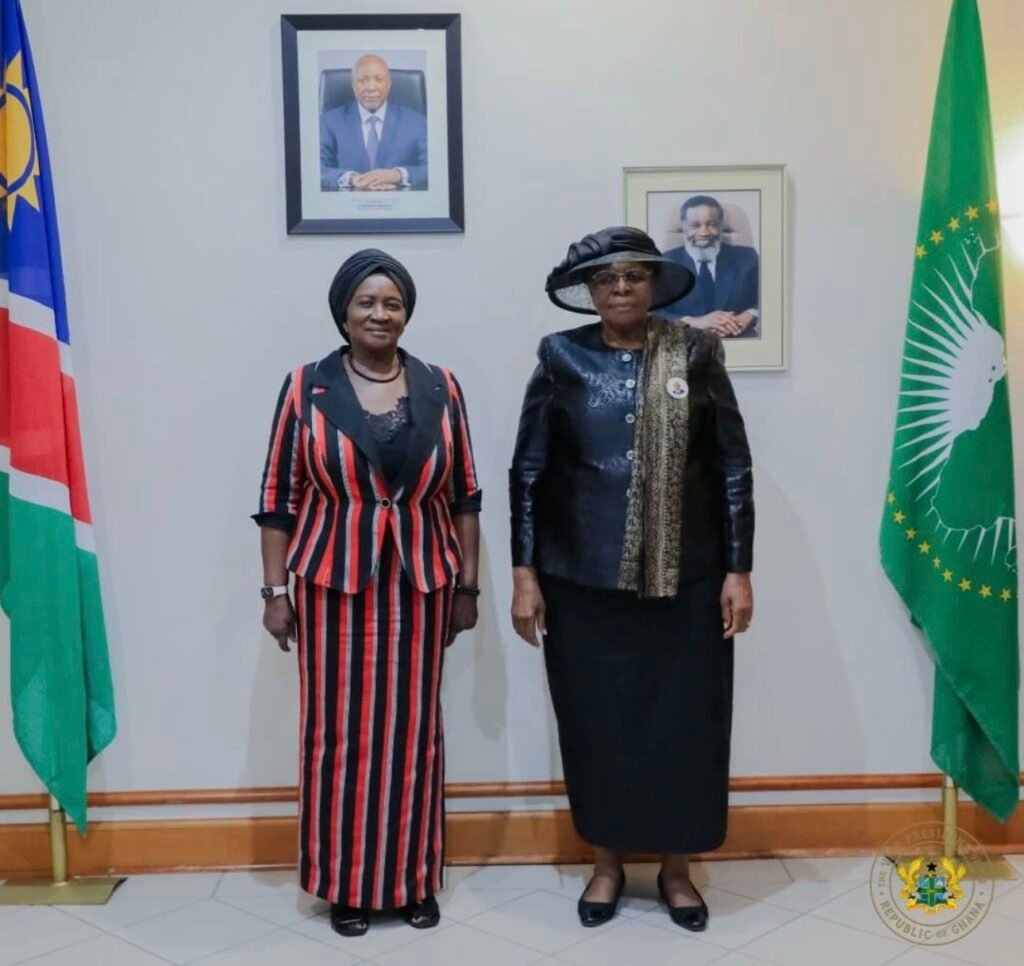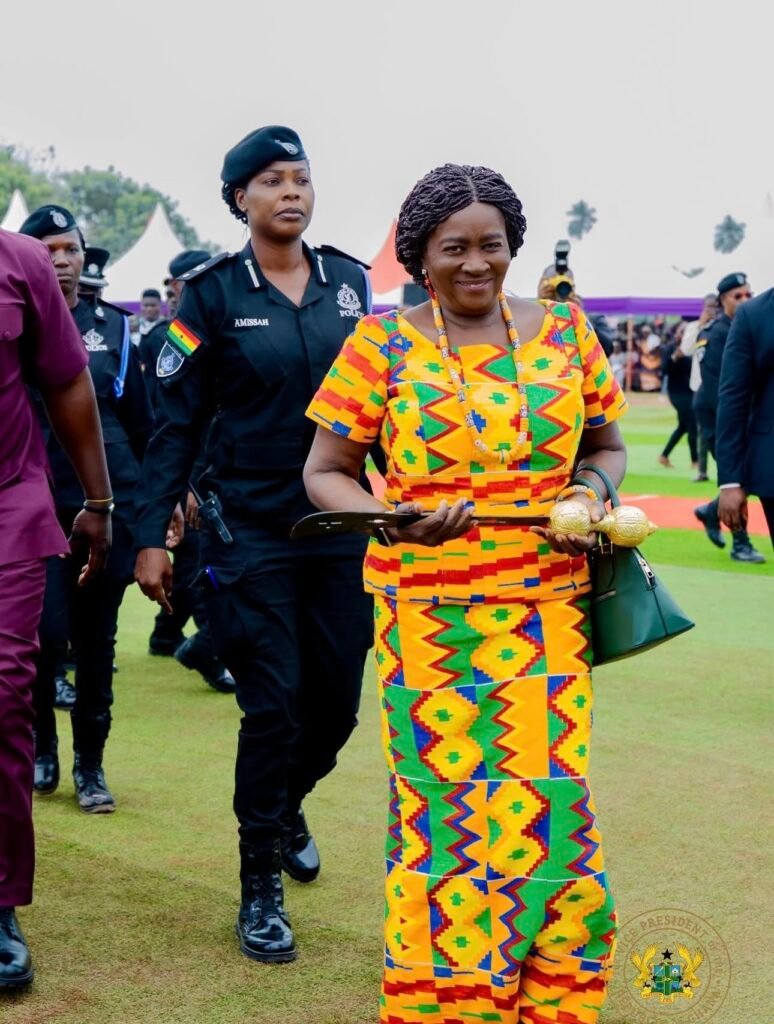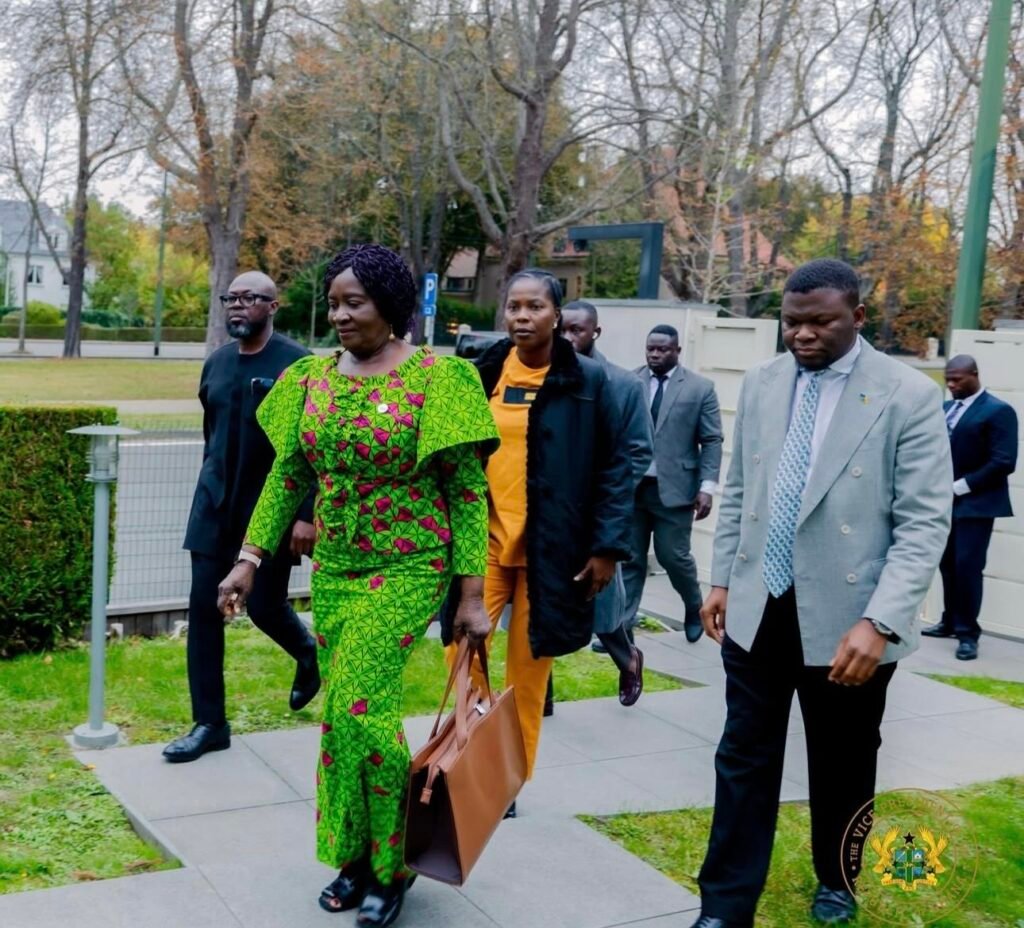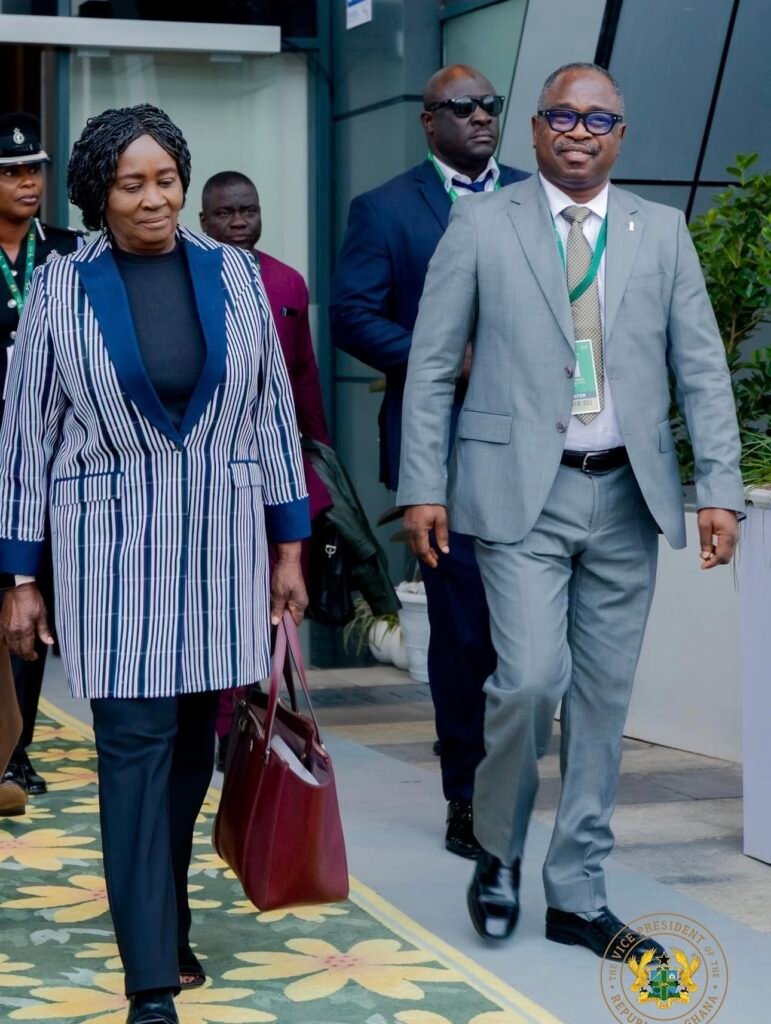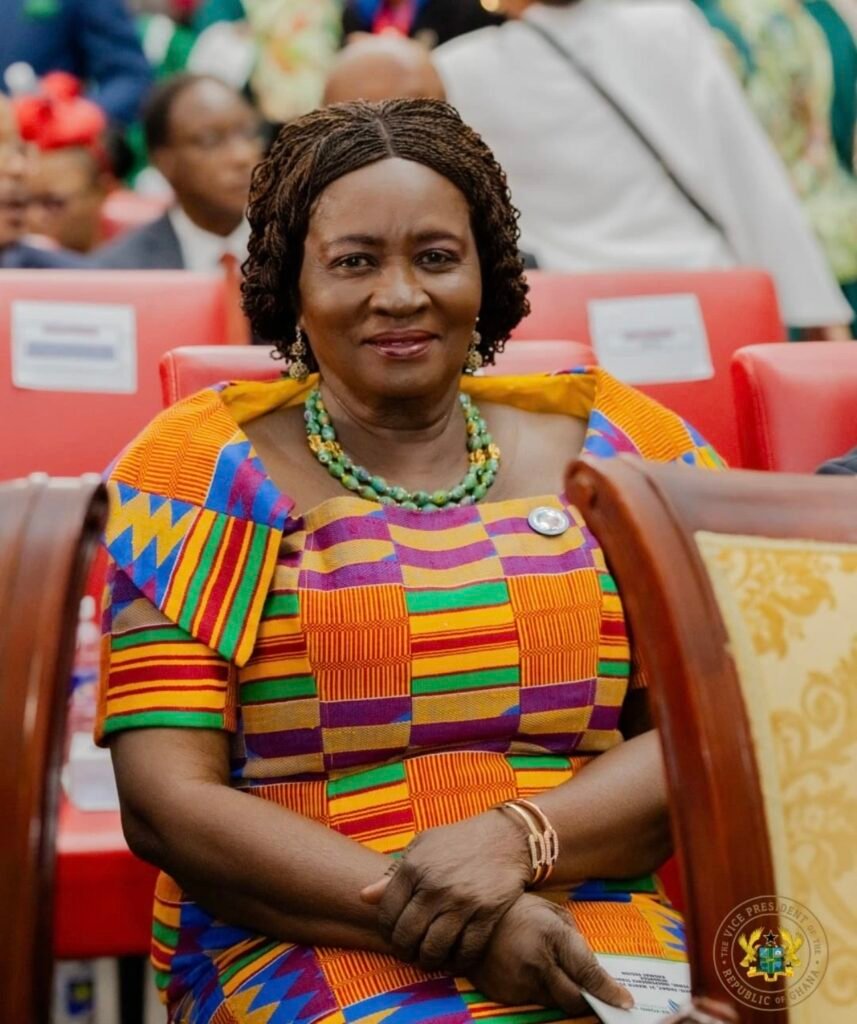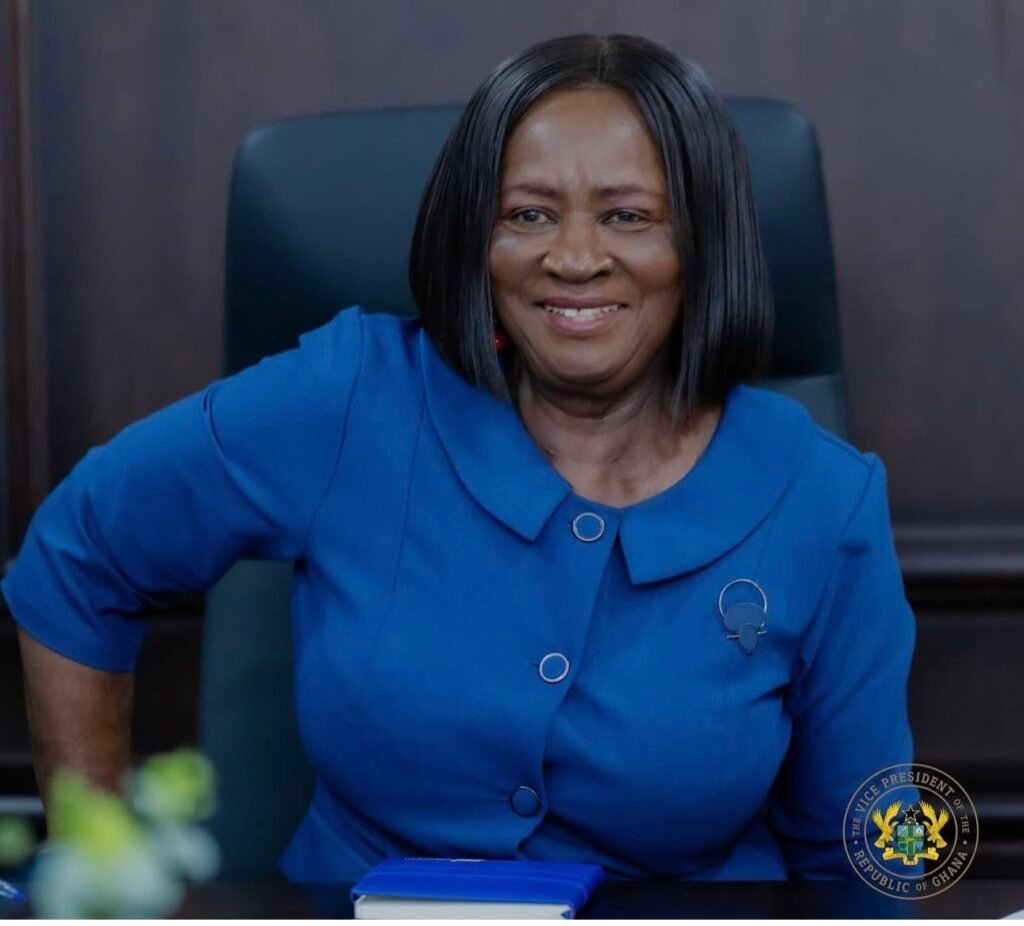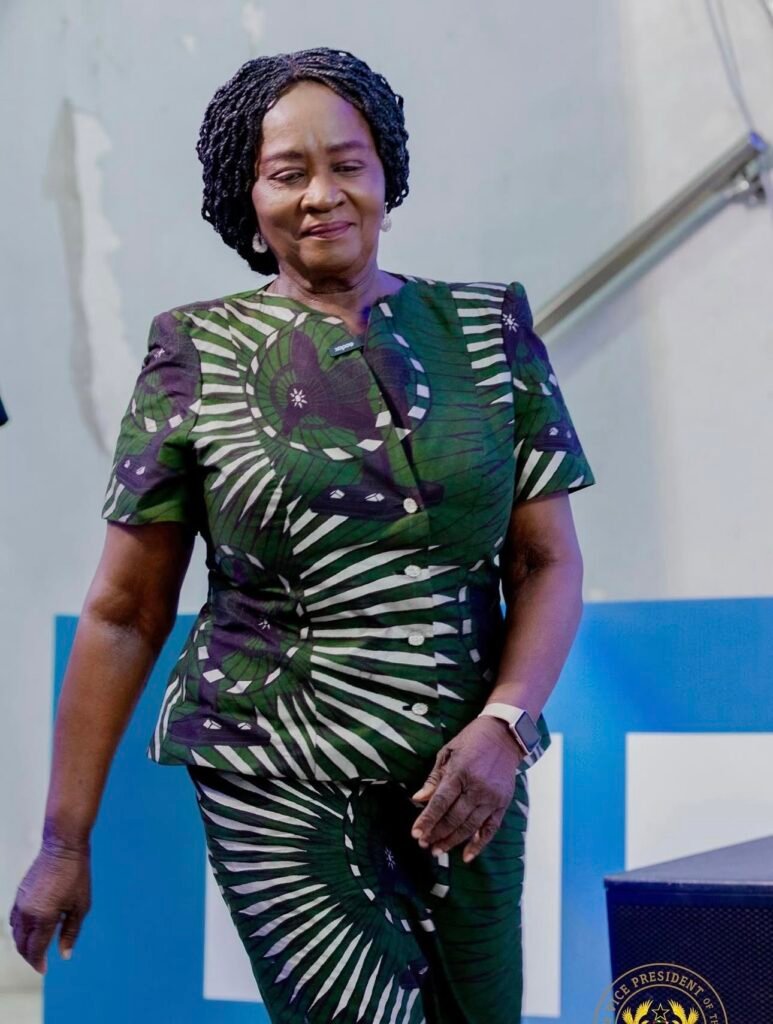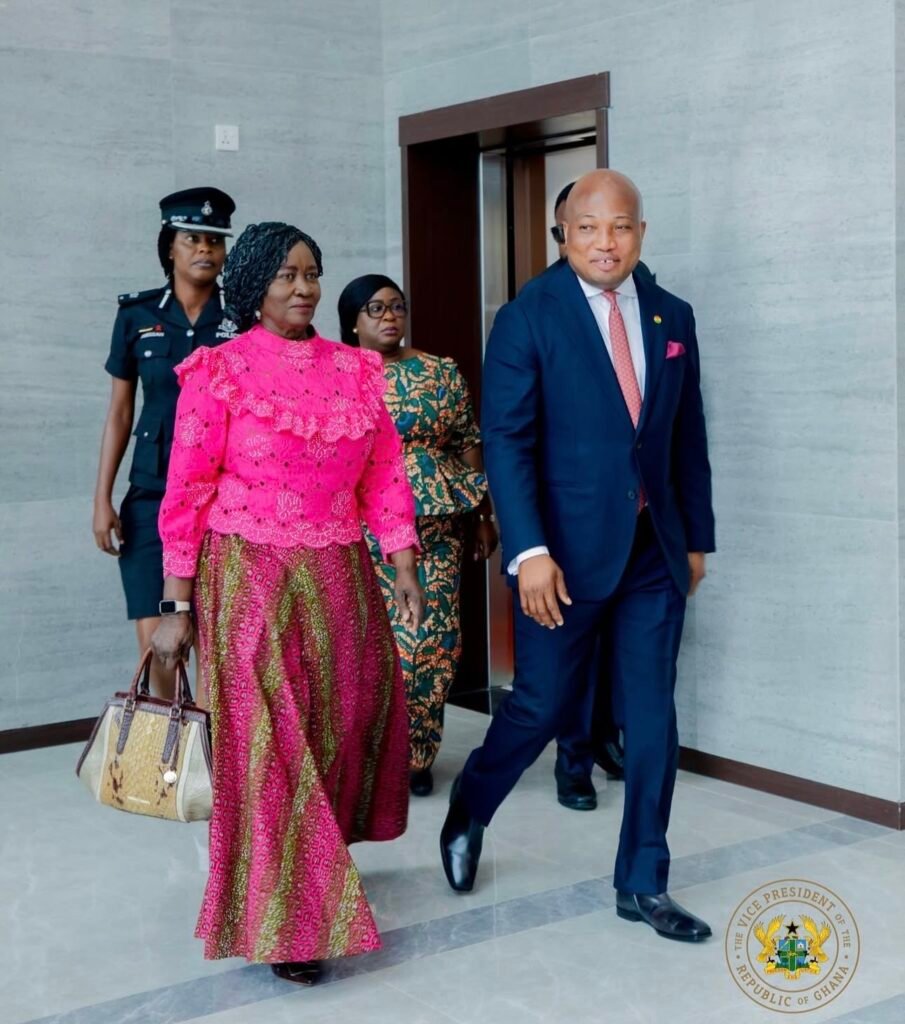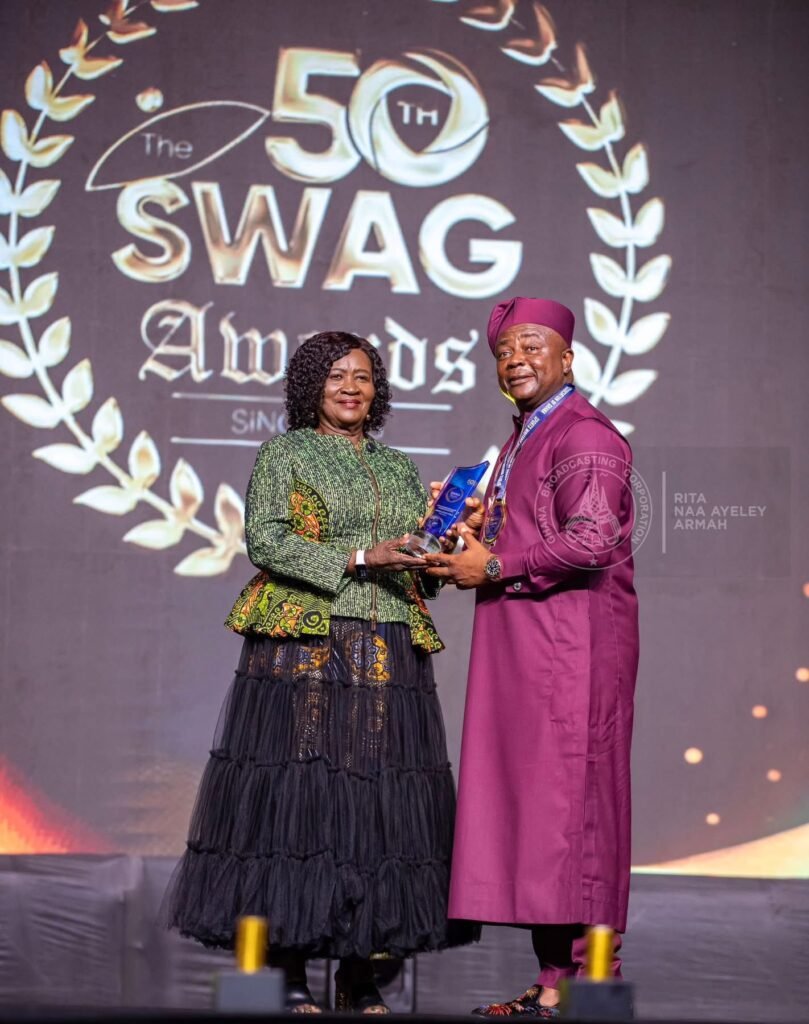Fashion
Fashion & art are powerful tools to raise awareness – Dr. Rasha Kelej
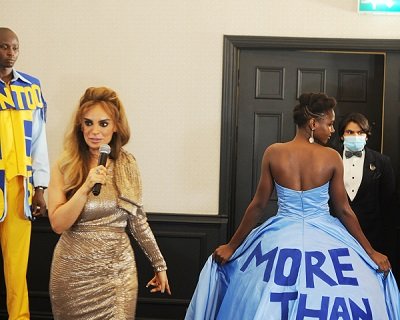
The Chief Executive Officer,(CEO) of Merck Foundation, Dr. Rasha Kelej has said that Fashion and art have a purpose beyond just entertainment.
According to her, she believes that fashion and art are powerful tools to address and raise awareness on pressing and sensitive social and health issues in Africa and beyond.
Speaking at the launch of “Our African” television show at the Labadi Beach Hotel on Sunday, July 3, 2022, Dr. Kelej said “I came up with the idea of this informative yet entertaining show.”
She added that the TV show, which will air every Sunday at 2 pm on GH One TV, in Ghana “ is a first-of-its-kind set to be the voice of the voiceless and break the silence about many critical and sensitive social and health issues in Africa. I have conceptualised, produced, directed, and hosted this Pan African show.”
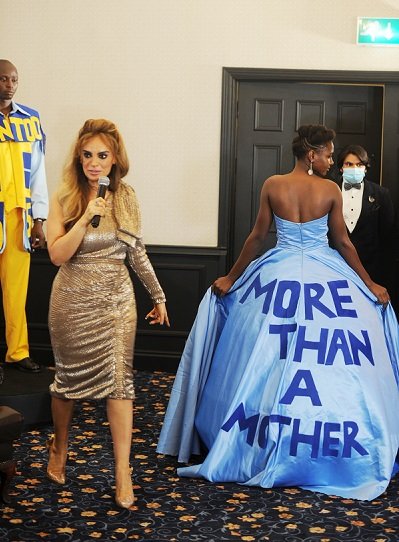
to create awareness
The CEO of Merck Foundation revealed that the show will features African fashion designers, singers, and prominent experts from various domains with the aim to raise awareness and create a culture shift across Africa.
Dr. Kelej added that “Our Africa” TV programme will address various critical and sensitive health issues like Diabetes Awareness, Breaking Infertility Stigma, Ending Child Marriage, Ending FGM, Stopping GBV and Supporting Girl’s Education. The rest are Women’s Empowerment, the Importance of promoting a Healthy Lifestyle, Sustainability and up-cycled fashion, Coronavirus Awareness and many more.
She noted that each episode would deal with a different topic and “looking good and we must make the most out of these platforms to advocate for the causes we work towards every day.”
By Edem Mensah-Tsotorme
Fashion
Ghanaians rock Fugu in style

THE Fugu smock has gained acceptance in Ghana and other parts of the world. The outfit worn in multiple cultures is a popular choice for national events and cultural celebrations in Ghana.
The Minister of Tourism, Culture and Creative Arts, Madam Abla Dzifa Gomashie, has announced that every Wednesday be observed as Fugu day. This initiative was inspired by a photo of President John Dramani Mahama wearing a Fugu (traditional northern Ghanaian smock) during a state visit to Zambia.
Some Zambian social media users jokingly referred to the garment as ‘blouse’. Since then, individuals and corporate organisations have embraced the initiative, wearing the traditional outfit that symbolises strength, courage, and leadership.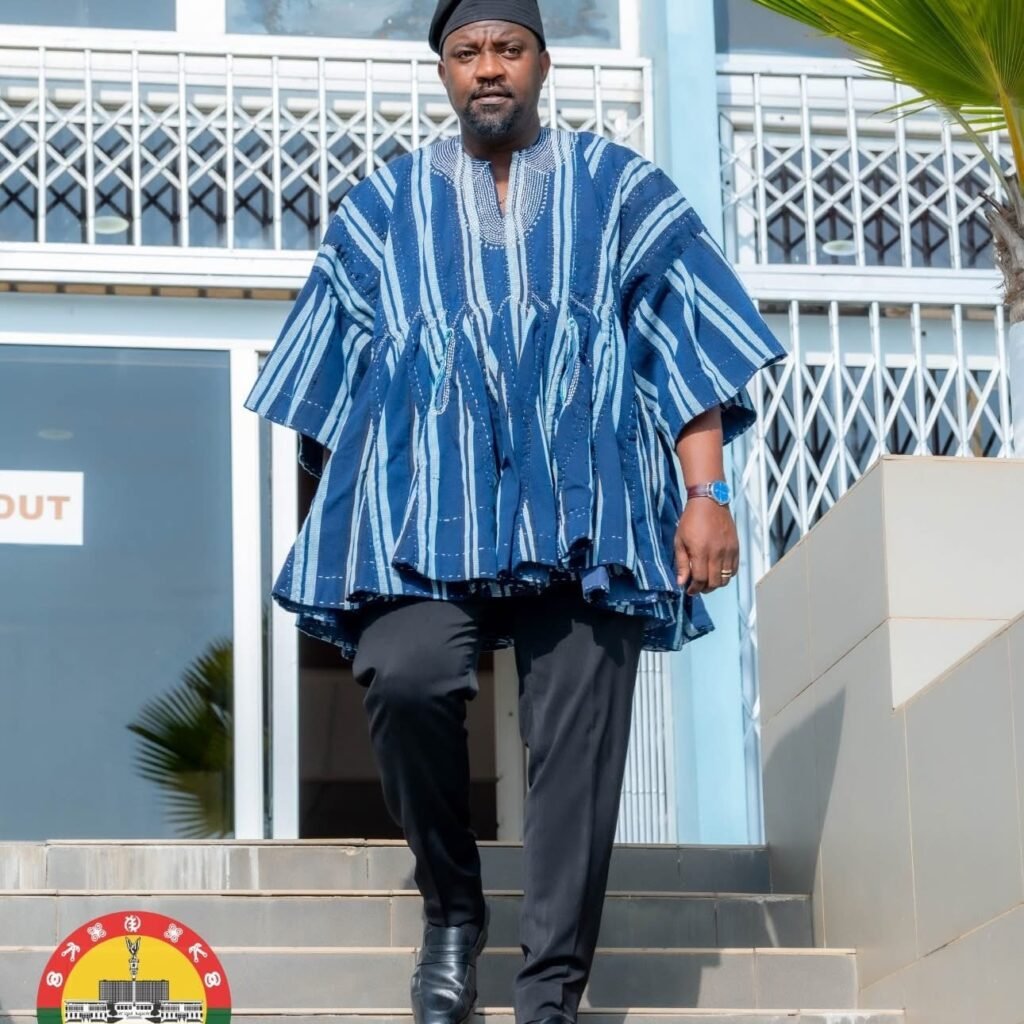

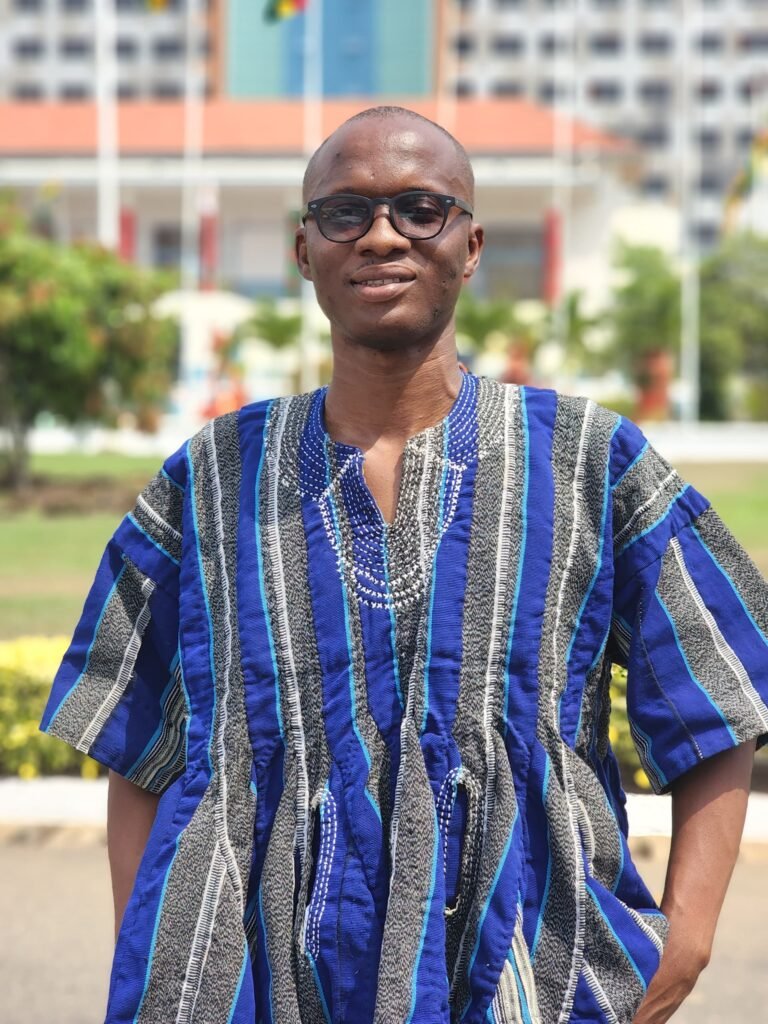
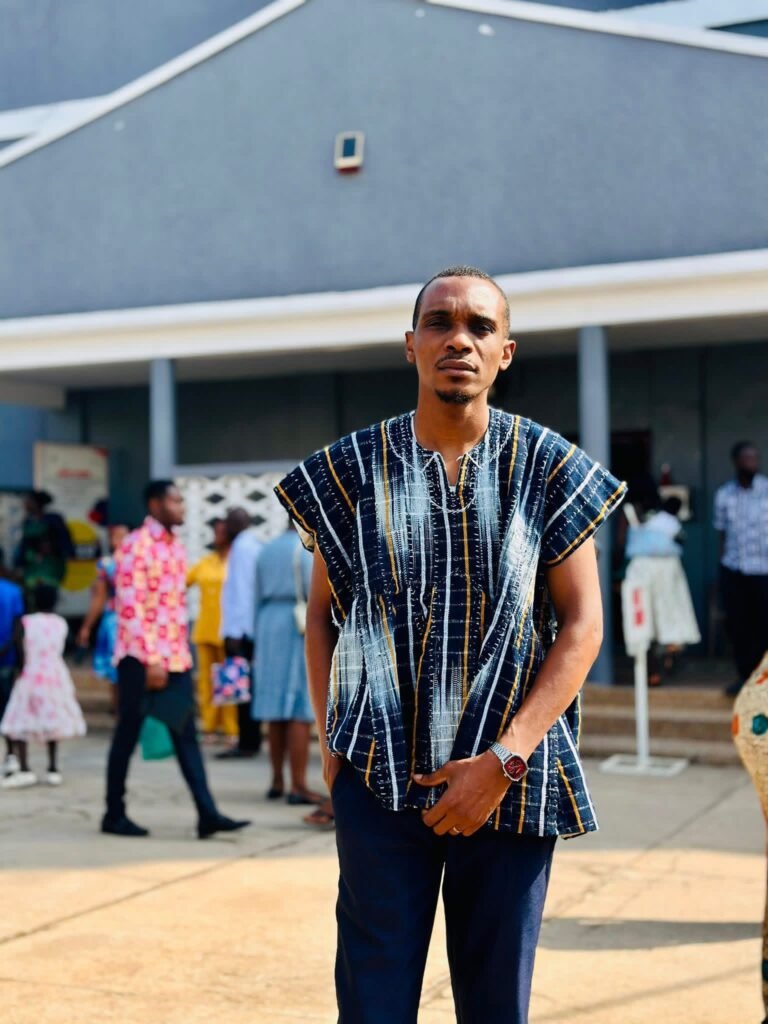
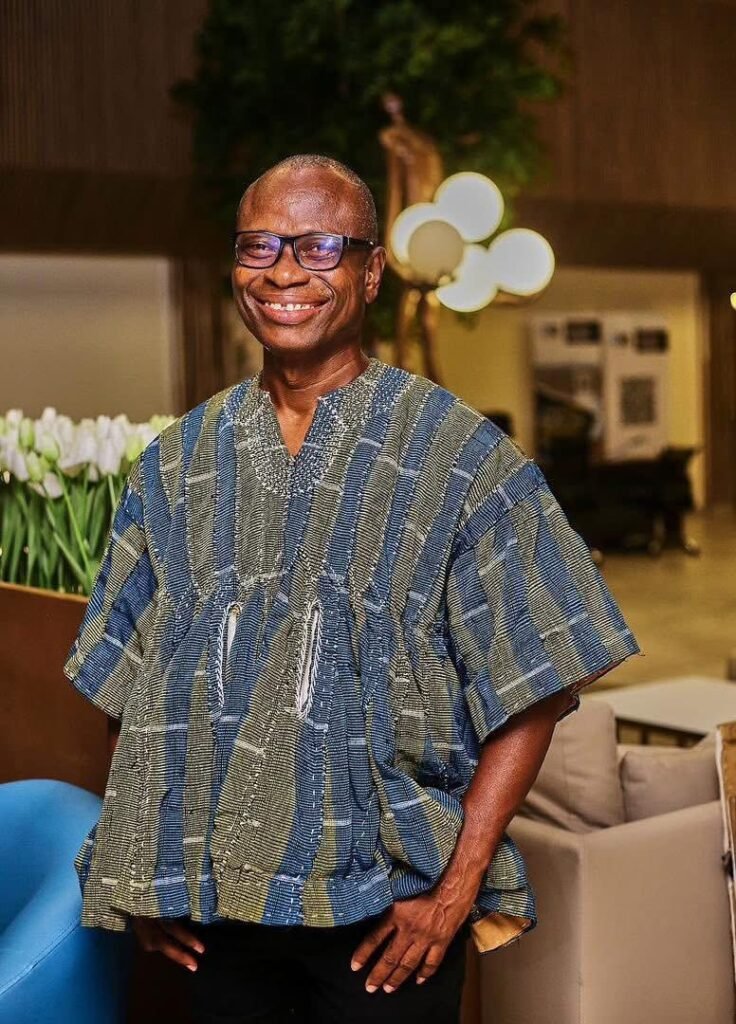
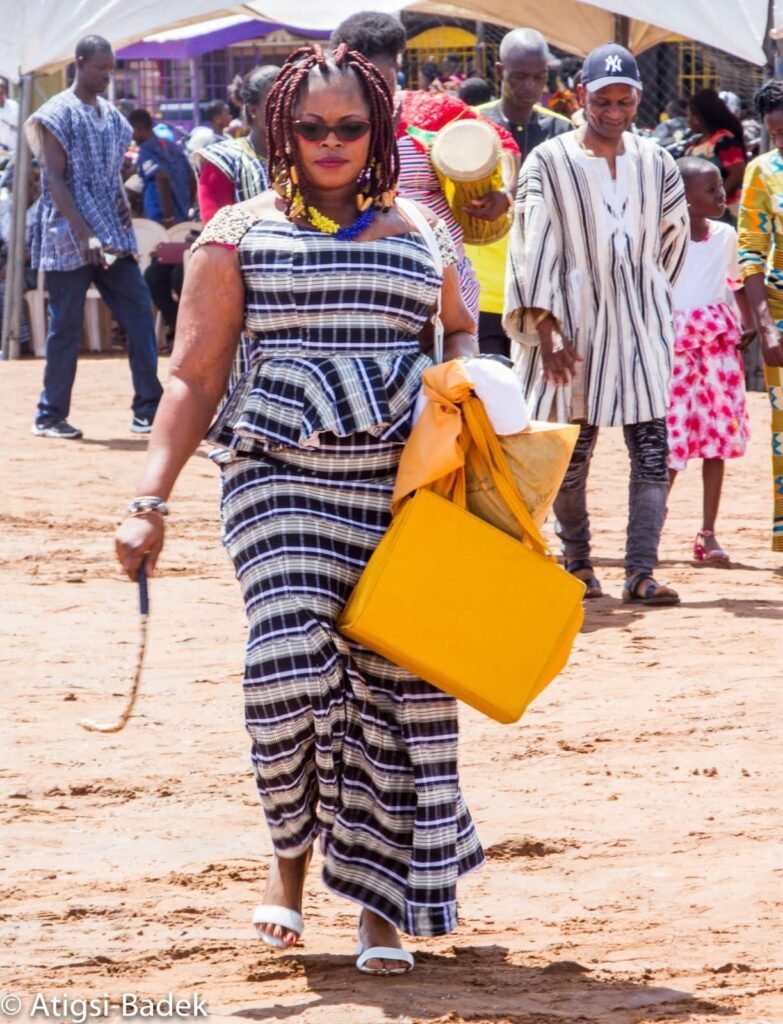
By Linda Abrefi Wadie
Join our WhatsApp Channel now!
https://whatsapp.com/channel/0029VbBElzjInlqHhl1aTU27

Fashion
Threads of power, The Vice President of Ghana
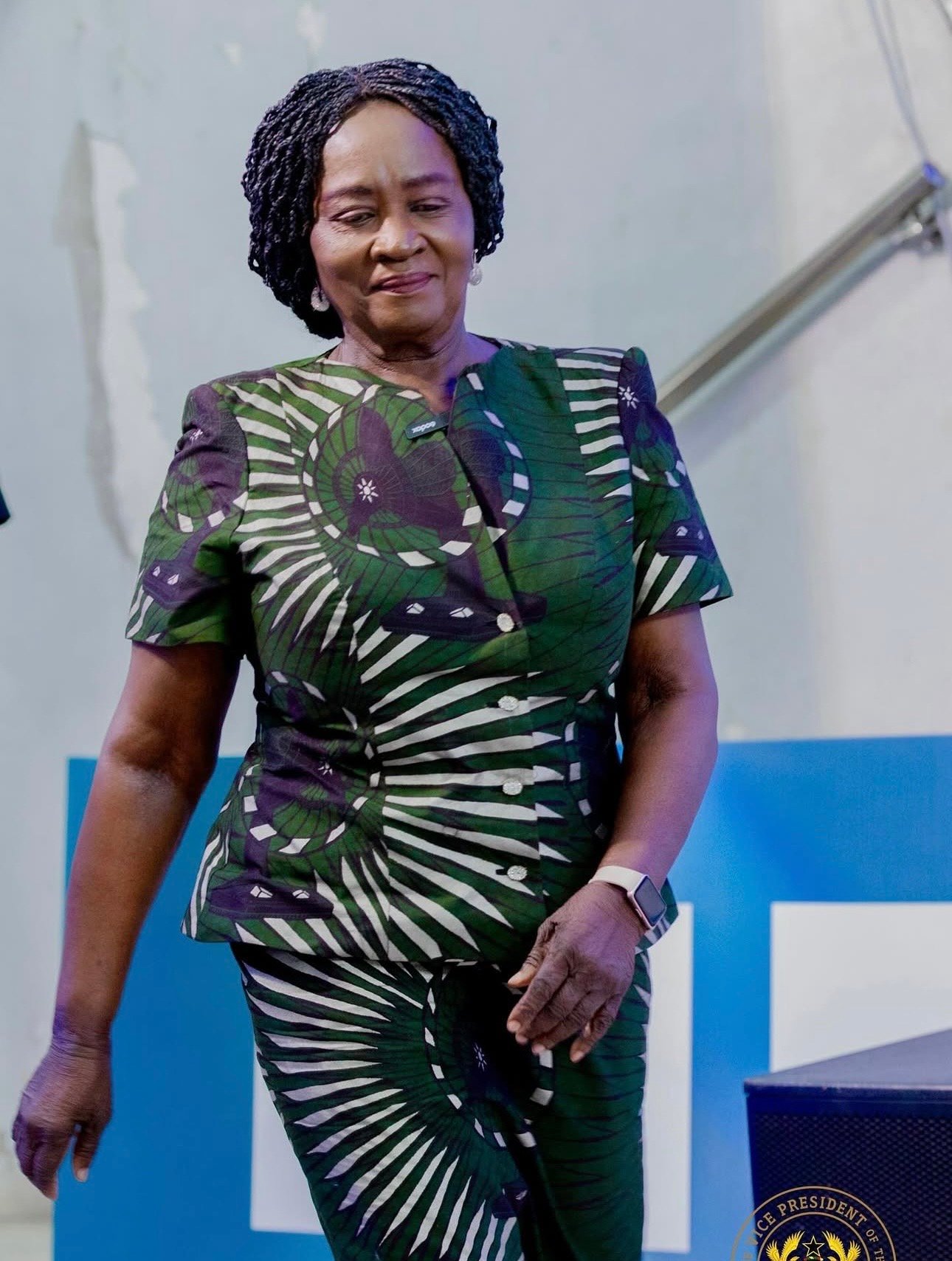
IN the grand halls of Ghana’s political stage, Vice President Jane Naana Opoku Agyemang has redefined what it means to dress for leadership.
Her fashion is not mere adornment, it is a deliberate statement of heritage, authority, and modern elegance.
At her swearing-in ceremony, she captivated the nation in an outfit designed by Ghanaian fashion icon Joyce Ababio. The ensemble was more than fabric; it was a tapestry of creativity, national pride, and symbolism.
By choosing a local designer, she underscored her commitment to Ghanaian artistry and the power of Made-in-Ghana fashion.
Her style identity blends regal African prints with tailored sophistication — flowing Kente-inspired gowns, structured jackets, and carefully chosen accessories to create a balance between authority and femininity.
Each outfit speaks a language of cultural pride, reminding the world that leadership can be both powerful and beautifully Ghanaian.
For young women watching, her fashion is aspirational. It says you can lead with intellect and grace, and you can wear your culture proudly.